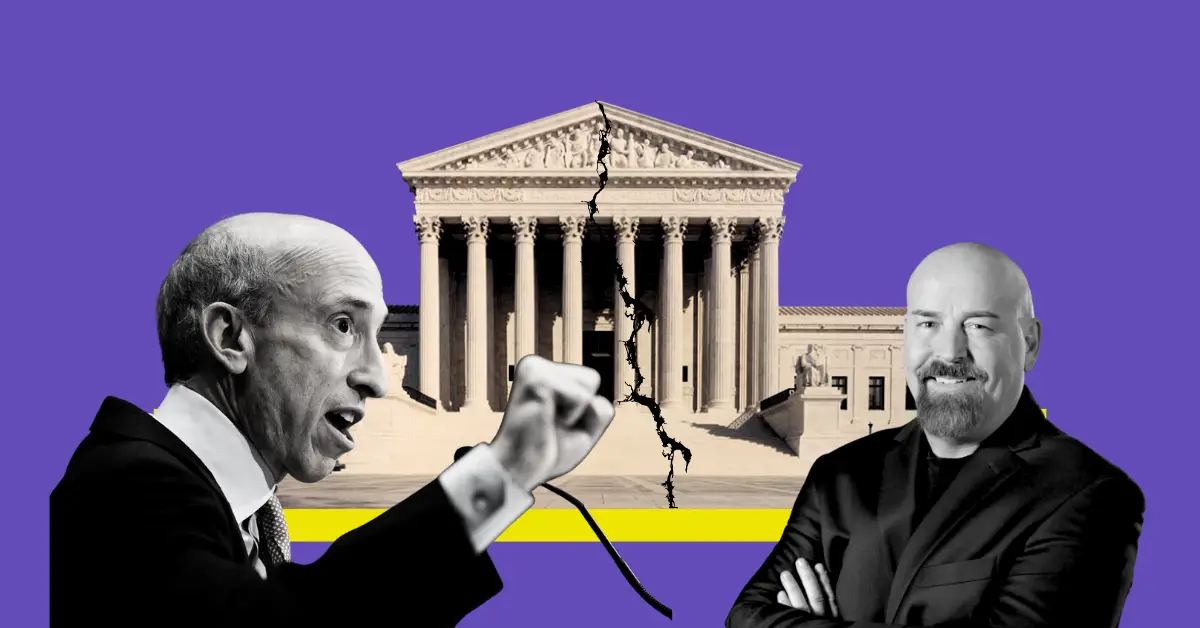
Introduction to the SEC’s 2024 Enforcement Report
The Securities and Exchange Commission (SEC) has unveiled its 2024 enforcement report, presenting a comprehensive overview of the year’s regulatory actions. While the number of cases might have decreased, the financial impact was substantial, marking a significant shift in enforcement dynamics. In this detailed exploration, we delve into the pivotal elements of the report, uncovering trends, significant cases, and the growing prominence of whistleblowers in shaping financial compliance.
Less Cases, Huge Money
In 2024, the SEC initiated 583 enforcement actions, reflecting a notable 26% decrease compared to the previous year. Despite the decline in the number of cases, the financial stakes were higher than ever, with the SEC recovering an astounding $8.2 billion. A closer examination reveals that disgorgements, or the return of wrongfully obtained gains, accounted for $6.1 billion of this total. Civil penalties contributed an additional $2.1 billion, marking the second-highest amount on record. A significant factor was the landmark judgment in the Terraform Labs case, resulting in a staggering $4.5 billion recovery.
The SEC’s approach was not solely punitive. By incentivizing companies to self-report issues and proactively address them, the agency fostered a culture of compliance. Firms demonstrating transparency and corrective actions benefited from reduced penalties, illustrating a strategic balance between enforcement and encouragement of ethical practices.
SEC Busted Crypto Scandals and AI Fraud
The SEC’s vigilance extended prominently to the cryptocurrency sector, where high-profile cases underscored the agency’s commitment to rooting out fraud. While Terraform Labs dominated headlines, other notable cases included HyperFund and NovaTech, responsible for scams amounting to $1.7 billion and $650 million respectively. These cases highlighted the pervasive risks within the crypto landscape.
Moreover, the SEC’s scrutiny encompassed technological innovations and their potential for misuse. QZ Asset Management exemplified this trend, with their deceptive promotion of AI-driven investment strategies. This case emphasized the SEC’s resolve to curb fraudulent practices in emerging technologies.
Traditional financial entities were also subject to rigorous enforcement. Morgan Stanley faced a substantial $249 million fine for block trade violations, while SAP settled bribery-related charges for $98 million. These actions affirm that regulatory oversight remains robust across diverse financial sectors.
Whistleblowers Were In Action
Whistleblowers played a pivotal role in the SEC’s enforcement landscape, with more than 45,000 tips submitted—an unprecedented level of engagement. In recognition of their contributions, the SEC awarded $255 million in payouts, underscoring the agency’s commitment to protecting and incentivizing whistleblowers.
The SEC’s robust stance on whistleblower protection was further evidenced by a significant $18 million fine imposed on a company attempting to silence a whistleblower. This move sends a clear message about the importance of transparency and accountability.
Individual accountability was another focal point, with 124 executives barred from serving in public companies. This measure reinforces the SEC’s message that personal responsibility is integral to ethical corporate governance.
What’s Next?
The SEC’s 2024 enforcement report serves as a blueprint for future regulatory priorities. With crypto fraud and AI scams remaining on the radar, the SEC is poised to adapt its strategies to address evolving technological risks. This proactive stance signals to investors the necessity of vigilance in an ever-changing financial landscape.
As the SEC transitions under new leadership, the coming years are anticipated to bring fresh challenges and opportunities. Investors and industry stakeholders alike must stay informed and responsive, ensuring compliance and ethical practices remain at the forefront of financial operations.






